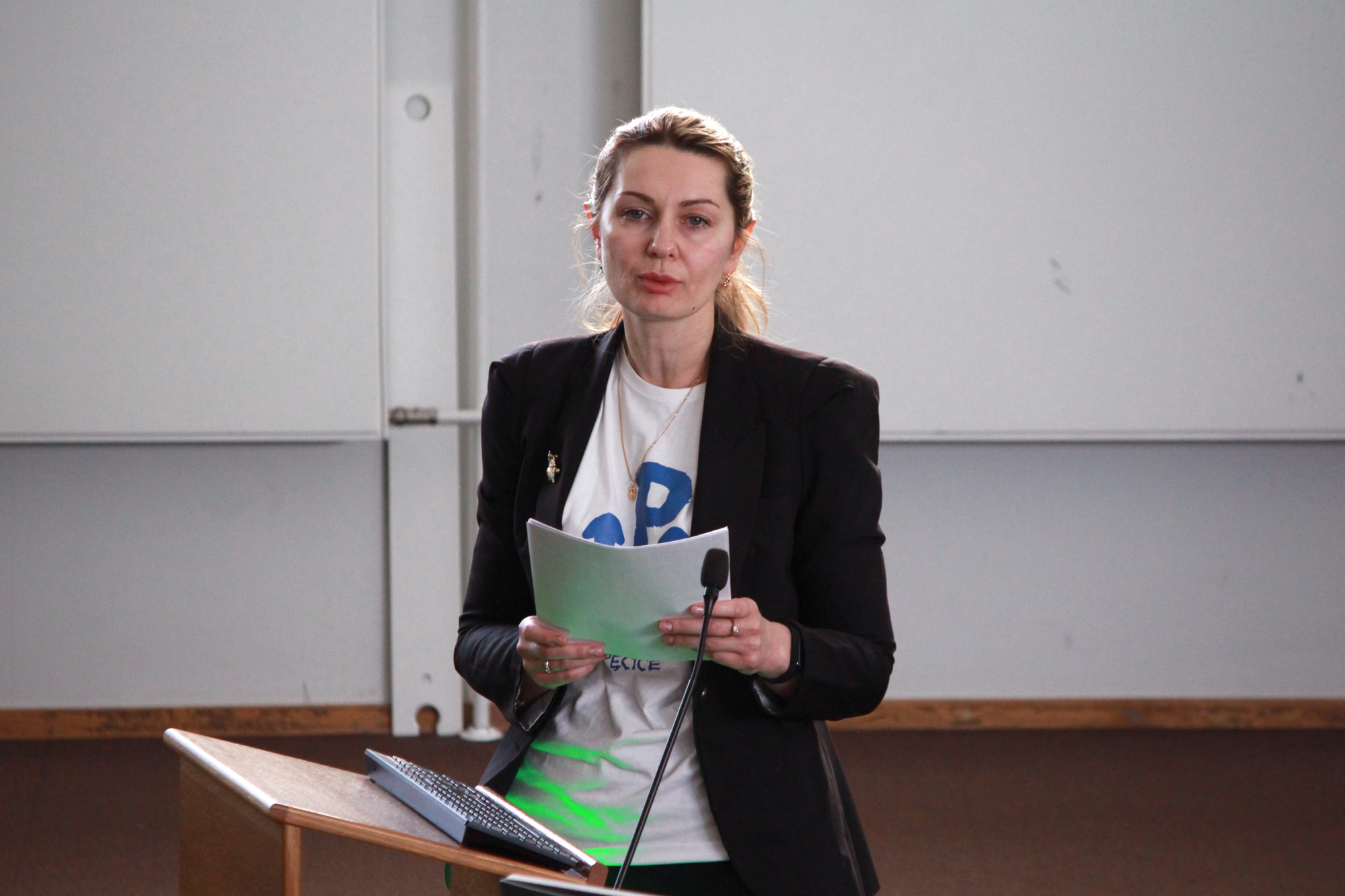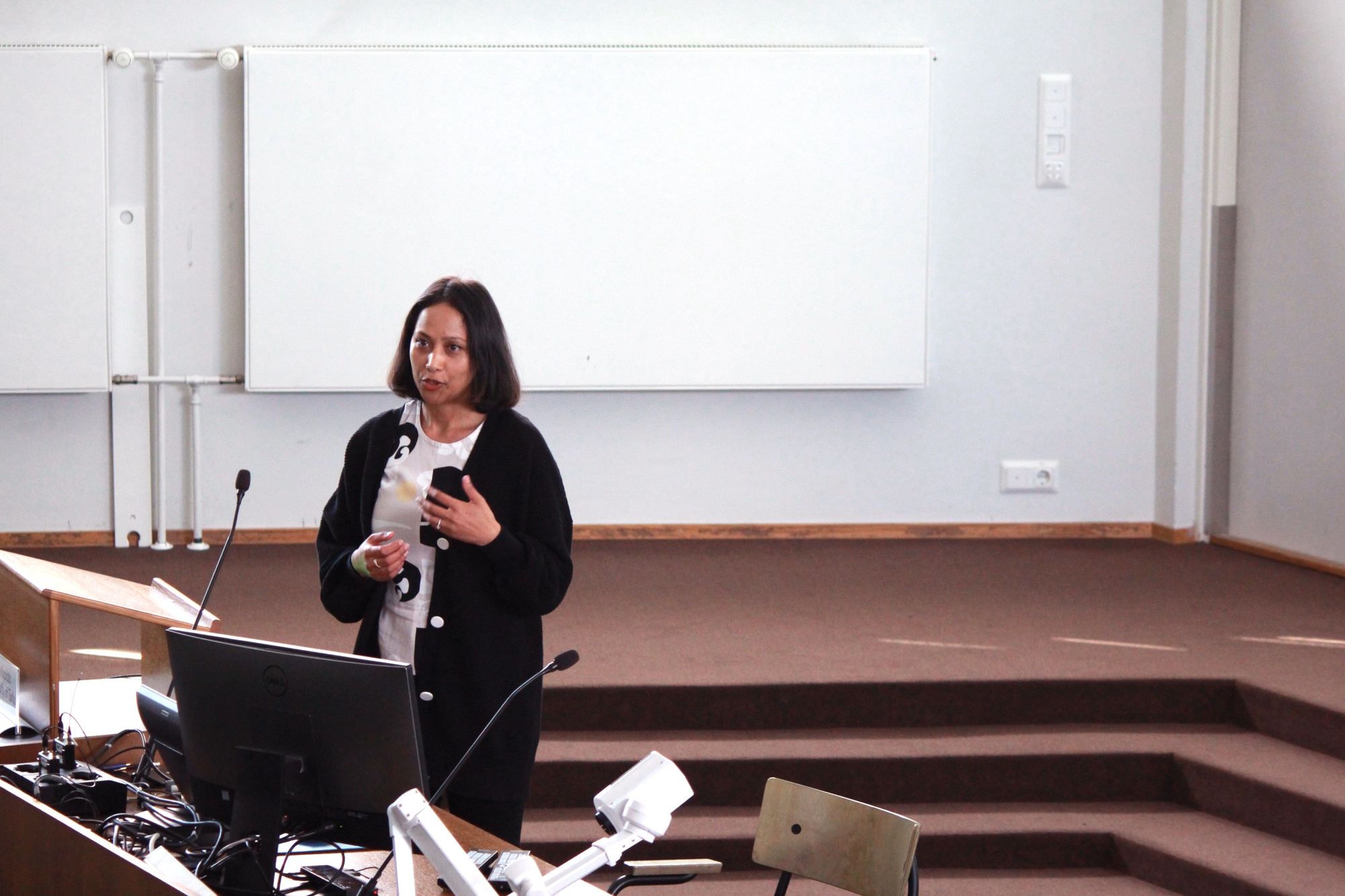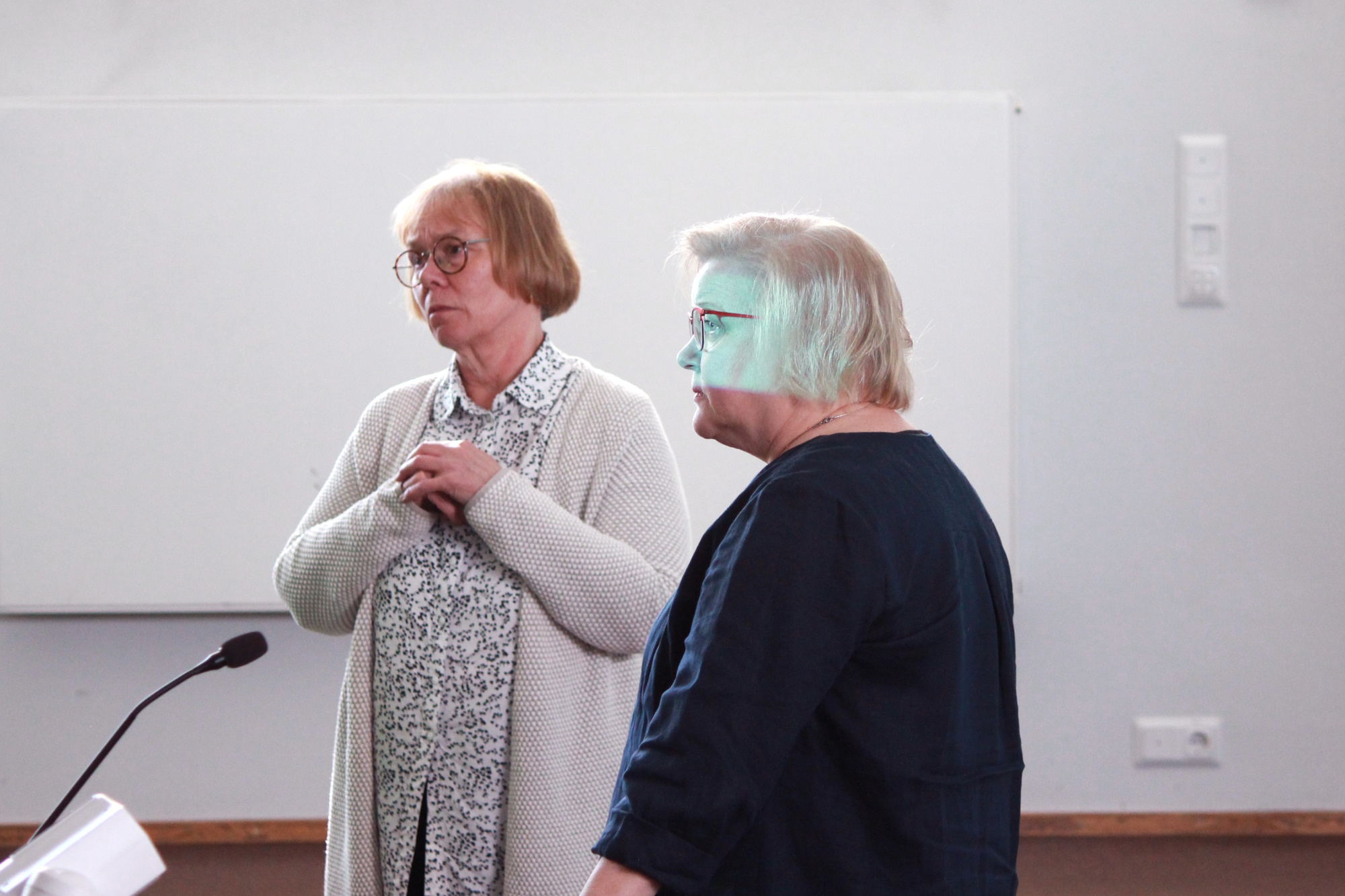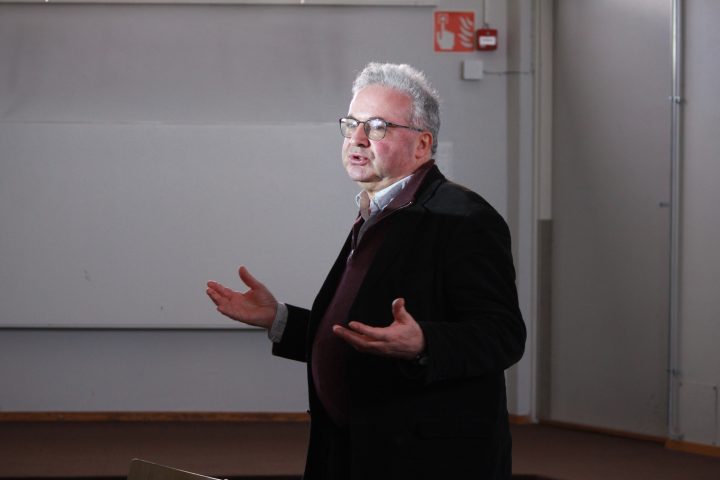Seminar on Mental Health of Children and Adolescents in War-torn Ukraine Emphasized the Importance of International Cooperation
In a seminar organized by The Research Centre for Child Psychiatry and INVEST Research Centre on March the 30th, researchers gave lectures on the effects the war has had on the mental health of the Ukrainian children and adolescents. They also emphasized the importance of international cooperation.
Dr. Matthew Hodes, Honorary Clinical Senior Lecturer in Child and Adolescent Psychiatry in Imperial College London, gave the first lecture of the seminar. The subject of his lecture was young refugees’ mental health and the key issues beneath it.
According to Hodes, the problems of the refugee children and adolescents are different based on their age, exposure to problematic factors, family background and losses. He also proposed that to solve these problems, the health care system needs to allocate resources where they are needed the most.

Professor Olga Osokina from Donetsk University shared the experiences of the Ukrainian people under the Russian full-scale invasion. She also shared the story of her own family being forced to flee the war.
According to the results presented by Osokina, Ukrainian adolescents have had a high exposure on problematic factors that affect their mental health. Many Ukrainian adolescents need psychological and psychiatric help because the war-afflicted adolescents have an increased risk for post-traumatic stress disorder, depression, and anxiety. Osokina also reminded that even though the war-related events are horrible, the children and adolescents need honesty from their parents. The parents should explain the events to them truthfully and in a manner that suits their age.

Dr. Sanju Silwal from The Research Centre for Child Psychiatry lectured about the connection between war and suicidality. Silwal shared results implicating that the Ukrainian adolescents living in the war-torn areas have an alarmingly high risk for suicidality and self-harm.
Silwal also proposed that more research is needed about the digital interventions related to mental health. According to Silwal, the utilization of digitalization may enhance the scalability and accessibility of the intervention programs in war-related situations.

Researchers Terja Ristkari and Tarja Korpilahti-Leino from The Research Centre for Child Psychiatry presented the Let’s Cope Together website that offers parents means to support their children in crisis situations. They also described how the website has been modified with assistance from Professor Osokina to fit the needs of the Ukrainian parents. The website, originally launched in Finnish, has also been translated into Swedish, English, Ukrainian, Russian and Thai.
The seminar was closed with a speech by Dr. Norbert Skokauskas, Professor in Child and Adolescent Psychiatry in The Norwegian University of Science and Technology. In his speech, held via a conference call, Skokauskas reminded the audience of the importance of international cooperation in the field of Child and Adolescent Psychiatry.
According to Skokauskas, the problems related to children’s and adolescents’ mental health are so complicated that it is easier to solve them when researchers from multiple countries can tackle them together.
The Inequalities, Interventions, and New Welfare State (INVEST) is an Academy of Finland Flagship and a Joint Research Centre of the University of Turku and Finnish Institute of Health and Welfare. It aims at increasing wellbeing of Finnish society during childhood, youth and early adulthood and preventing psychosocial risks compromising such development through innovative interventions. INVEST aims at providing a new model for the welfare states that is more equal, better targeted to problem groups, more anticipatory as well as economically and socially sustainable.
Text and photos: Ilkka Olkku

